Politics
INEC Seeks Voting Rights for Inmates in Correctional Facilities Ahead of 2027 Election
INEC signals a shift on voting rights, exploring ways to extend participation to inmates in correctional facilities ahead of the 2027 elections.
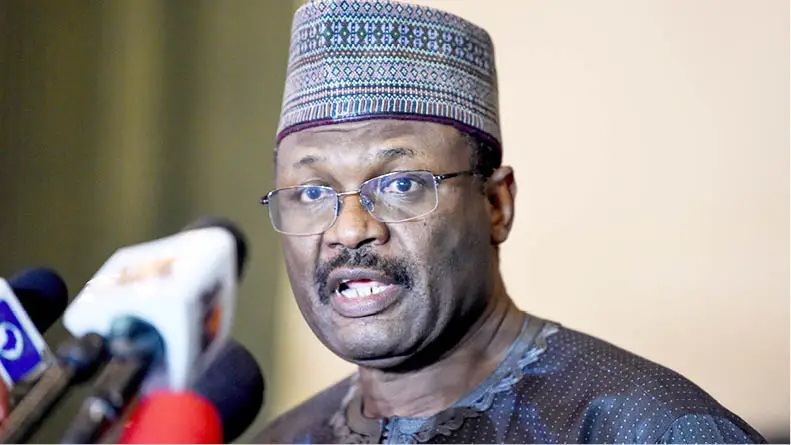
INEC signals a shift on voting rights, exploring ways to extend participation to inmates in correctional facilities ahead of the 2027 elections.
Ahead of the 2027 general elections, the Independent National Electoral Commission (INEC) has expressed support for extending voting rights to eligible inmates in Nigeria’s correctional facilities.
INEC Chairman, Prof. Mahmood Yakubu, stated this on Friday during a courtesy visit by the Controller General of the Nigerian Correctional Service (NCoS), Sylvester Ofori, at the Commission’s headquarters in Abuja. Yakubu affirmed that the Commission recognises the right of every Nigerian citizen to vote, including those in custody who are yet to be convicted.

According to him, the right to vote is a fundamental human right that cannot be taken away solely because a person is serving time in a correctional facility. He noted that in other countries such as Ghana, Kenya, and South Africa, inmates already exercise this right.
Yakubu referenced past court judgments upholding the voting rights of inmates awaiting trial, including the Federal High Court ruling of December 16, 2014, and the Court of Appeal decision of December 7, 2018, both in Benin.
DON’T MISS: 2027 Campaigns Are ‘Totally Illegal’ – Femi Falana Warns Politicians, INEC
“Based on the combined provisions of Article 25 of the International Convention on Civil and Political Rights (1966) and Section 25 of the Constitution of the Federal Republic of Nigeria 1999 (as amended) on citizenship, the court affirmed the rights of plaintiffs who were inmates awaiting trial to vote in elections,” he said.
“However, the judges ruled that the right to vote is only excisable when asserted as it is a choice to be exercised voluntarily by a citizen and not a duty to be imposed by force of authority.”

The INEC Chairman revealed that a joint technical committee had been set up between the Commission and the NCoS to address modalities for inmate voting, including access to correctional facilities for voter registration, creation of polling units, and voter education.
He acknowledged that legal and logistical challenges remain, especially with Section 12(1)(e) of the Electoral Act 2022, which restricts voting to citizens “not subject to any legal incapacity.”
Yakubu stressed transparency in the process, noting that political parties, observers, and the media have raised concerns about access to correctional facilities, campaign opportunities, and the presence of polling agents on election day.
“I wish to reassure the Controller General of the Nigerian Correctional Service that we are united with you in our shared determination to extend voting rights to inmates of our correction facilities. A meeting like this goes a long way in reaffirming our resolve in this regard,” Yakubu said.

Earlier, NCoS boss Sylvester Ofori drew attention to Nigeria’s inmate population of over 81,000, of which more than 66% are awaiting trial and legally presumed innocent.
“They have rights, and one of those rights is the right to vote. The fact that they are in incarceration should not strip them of their citizenship,” he stated, urging INEC to develop a secure and transparent structure for inmate participation in elections.



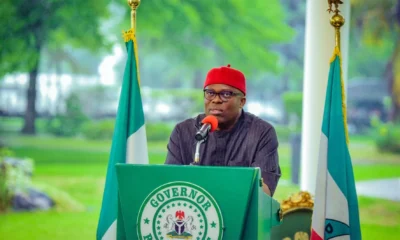



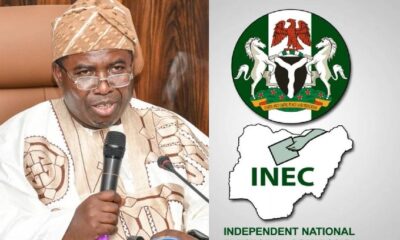



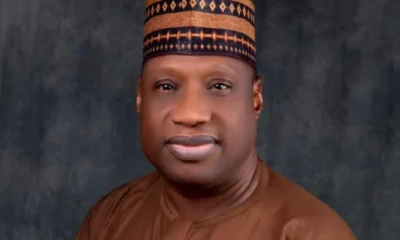









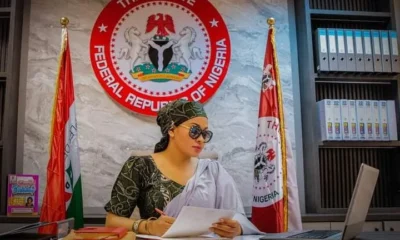

You must be logged in to post a comment Login